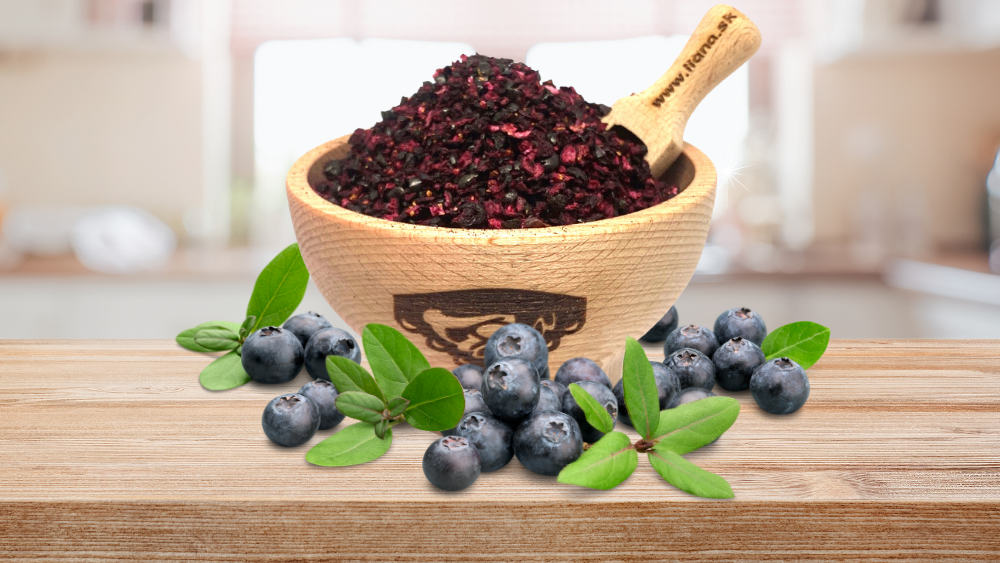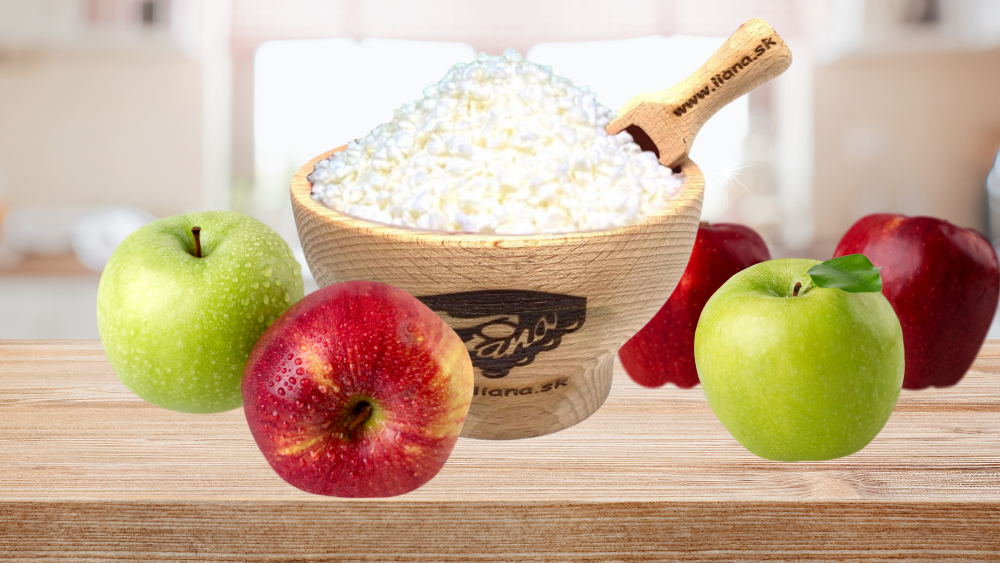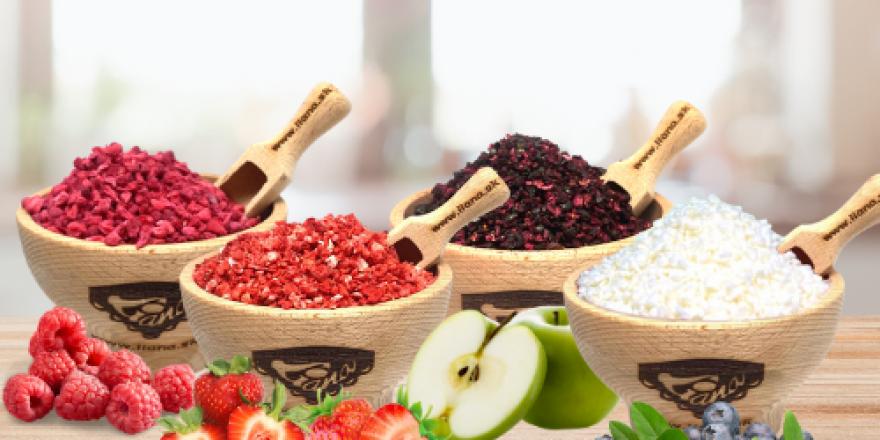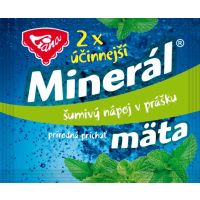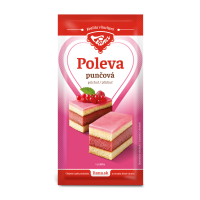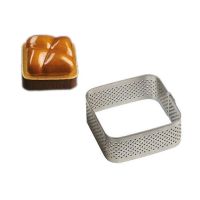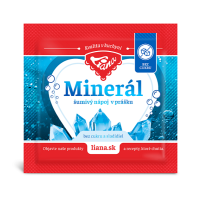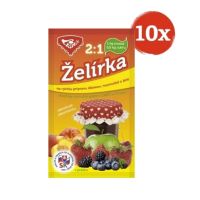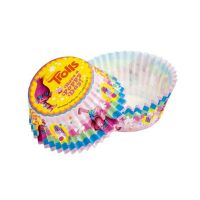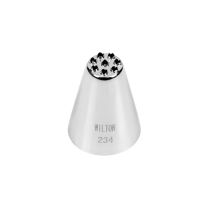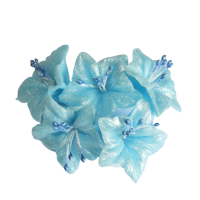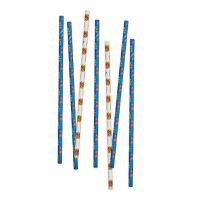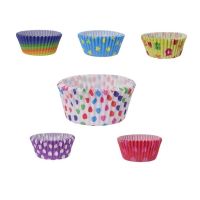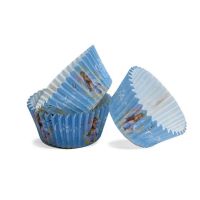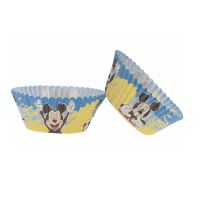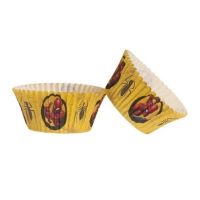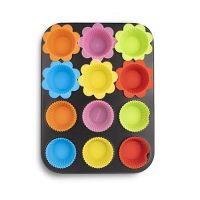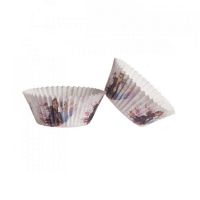Do you remember the fairy tale about the twelve-month-olds, when Maruška had to go to the forest in winter to look for wild strawberries because of her stepmother? Today, she would be able to fulfill this request much more easily. For many centuries, our ancestors searched for the best way to preserve food so that fruits and vegetables retain their taste and nutritional value. Thanks to lyophilization, we can enjoy all the benefits of fresh fruit even outside of its season.
Lyophilization is rapid and violent drying by freezing. Although it might seem that this method of processing fruits and vegetables is a novelty of today's modern good, it is not entirely true. The inhabitants of the Andes, in South America, preserved potatoes with the help of freeze drying for a long time. Modern technologies have only improved and simplified this entire process. Drying begins with the shock freezing of the fruit within 2 hours after its collection at a temperature of -30°C in order to preserve all the nutritional values. This step ensures the preservation of dyes and minimal deterioration of vitamins. Vitamins cannot withstand heat treatment or long storage or any other type of preservation, so our body loses most of the vitamins when we consume differently processed fruits and vegetables. Immediately after freezing, the fruit is stored in special chambers with low temperature and pressure at the vacuum level, where it is dried at a temperature of -60°C to -80°C. The low temperature ensures that bacterial infections do not multiply. The whole process takes about 48 hours, when all the water evaporates. The difference in nutritional value between fresh and freeze-dried fruit is a maximum of 2%. Vegetables, meat and herbs are already processed in the same way.
Advantages of freeze-dried fruit:
1. Without added sugar and preservatives - it contains as much sugar as we would consume through fresh fruit.
2. Composition - can contain all vitamins, minerals, antioxidants, omega 3 and omega 6 fatty acids.
3. Light weight - since it is stripped of all water, its weight is extremely light. 100g of freeze-dried fruit contains as many nutrients as 1-1.5 kg of fresh fruit.
4. Storage - the freeze-drying process eliminates all bacteria, yeasts and molds, resulting in a sterile product with zero microbiology. Thanks to this, the fruit will last for several years without losing its color, taste and vitamins. Experts assume that ideally stored freeze-dried fruit will last up to 25 years. It should be stored in a dark and dry place, preferably hermetically sealed, to maintain its crispness. The loss of crispiness does not impair the nutritional quality of the fruit.
5. Distinct taste - freeze-dried fruit has a more distinct and better taste than freshly picked fruit. In this way, you can enjoy fruit that is currently out of season, but also exotic fruit with a preserved taste, since it has fully ripened in the country of its origin and not in boxes in warehouses.
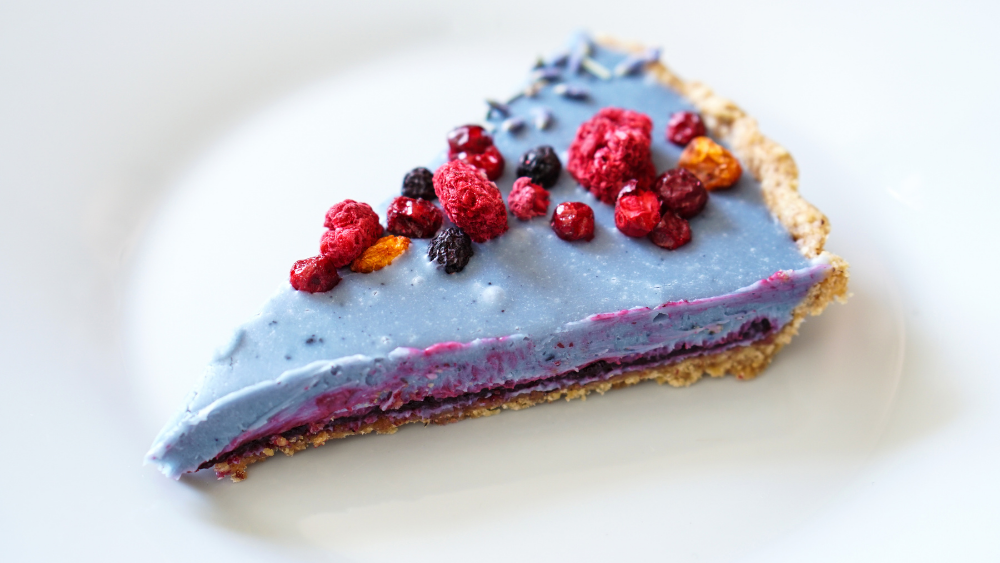
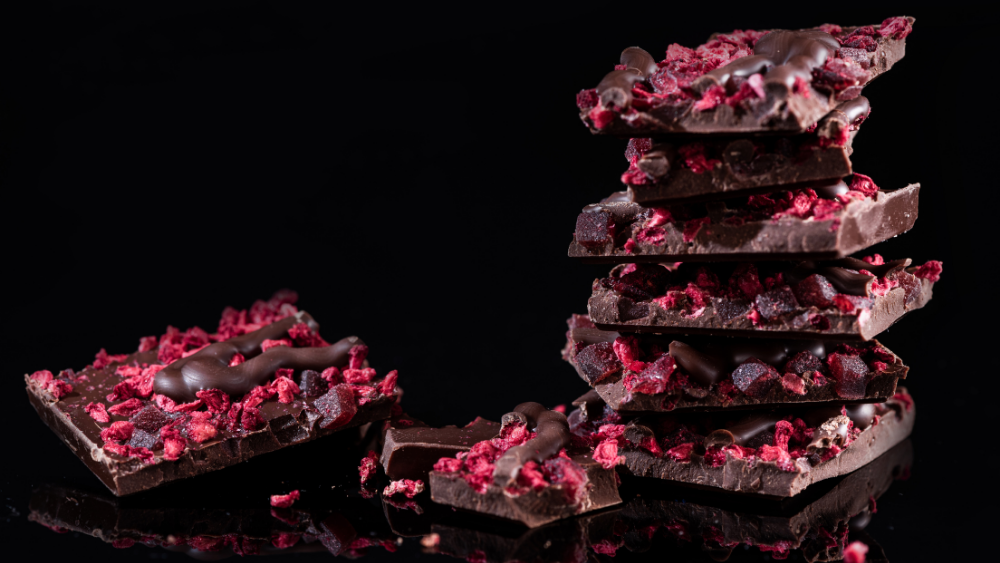
Usage:
Freeze-dried fruit can be used in the same way as fresh. If you feel like a smoothie, just add water and blend. They go well with yogurt, homemade chocolates, ice cream, when preparing raw products or your own muesli mix. They are an excellent snack for work, on trips and at the TV, because they not only replace fresh fruit, but thanks to their crunchiness, their taste boldly trumps even unhealthy potato chips. They look stunning as a decoration on confectionery products. In confectionery, they also excel in whipped creams and fillings, where after a short time they absorb the liquid and flavor the creams with their distinctive color, penetrating aroma and taste.
LYOPHRIZED STRAWBERRY PIECES
An excellent source of vitamin C, B2, B3, A, E, phosphorus, silicon, magnesium, manganese, potassium, calcium, iron and zinc. The amount of vitamin C can be matched by citrus fruits. Eight average strawberries will provide children with 140% of the recommended daily intake of vitamin C. They help deacidify the body, detoxify the intestines, reduce the level of "bad" LDL cholesterol and the risk of a heart attack. They have a beneficial effect on hematopoiesis, blood sugar levels and immunity.
LYOPHRIZED RASPBERRY PIECES
An excellent source of vitamin C, group B vitamins (B1, B2, B6) and folic acid. Thanks to fiber, they help with weight loss and also with constipation, as they improve the motility of the intestines. Although raspberries are a small inconspicuous fruit, they contain a large amount of minerals: potassium, calcium, magnesium and iron. They help regulate blood sugar and the rutin contained in raspberries strengthens the blood vessels in the eyes.
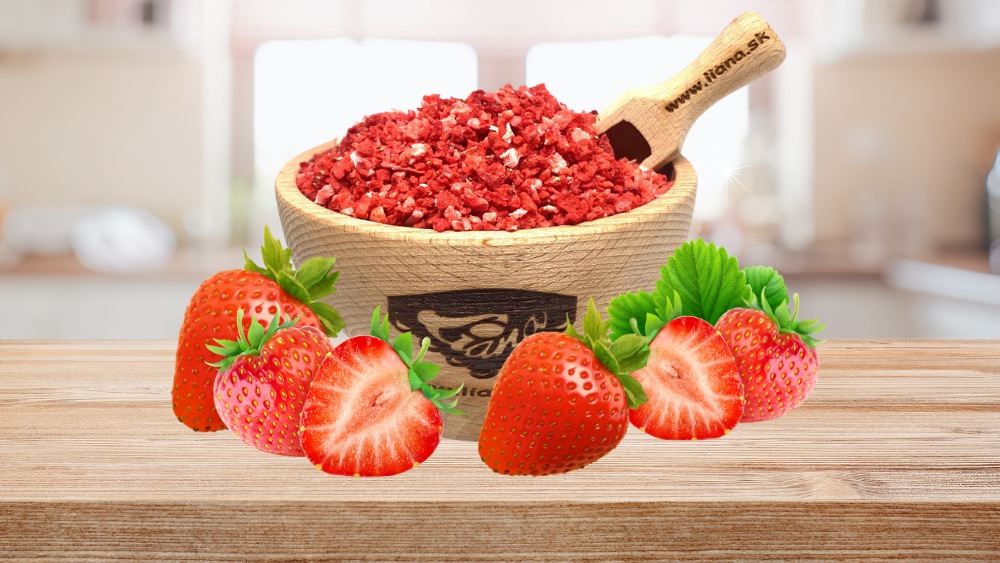
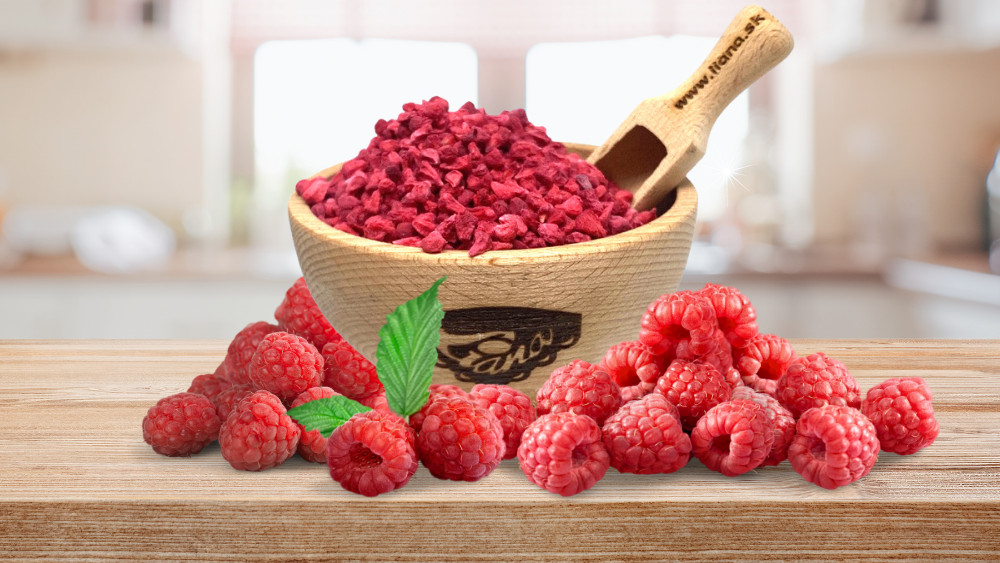
LYOPHIRIZED ALBERRY PIECES
A source of minerals, antioxidants, vitamins A and C. Blueberries are among the healthiest types of fruit. They support the treatment of eye diseases, urinary tract problems, and their flavonoids (antioxidants) have an anti-cancer effect. They protect against colon cancer and reduce cholesterol levels. They have a beneficial effect on the activity of the circulatory system, strengthen capillary vessels, prevent the penetration of cholesterol into the vessels and speed up the wound healing process. They are also great for dieting, as they bind fats, thus promoting weight loss.
LYOPHIRIZED APPLE PIECES
You know, one apple a day and you won't see a doctor? This ensures the high proportion of vitamin C, potassium and iron in this miracle fruit. Substances in the apple strengthen the heart, nervous system, muscles and improve liver function. They are also diuretic, so they can reduce leg swelling. The fruits are filling, suitable especially for weight reduction. They facilitate the absorption of calcium, thus strengthening nails, hair and teeth.
